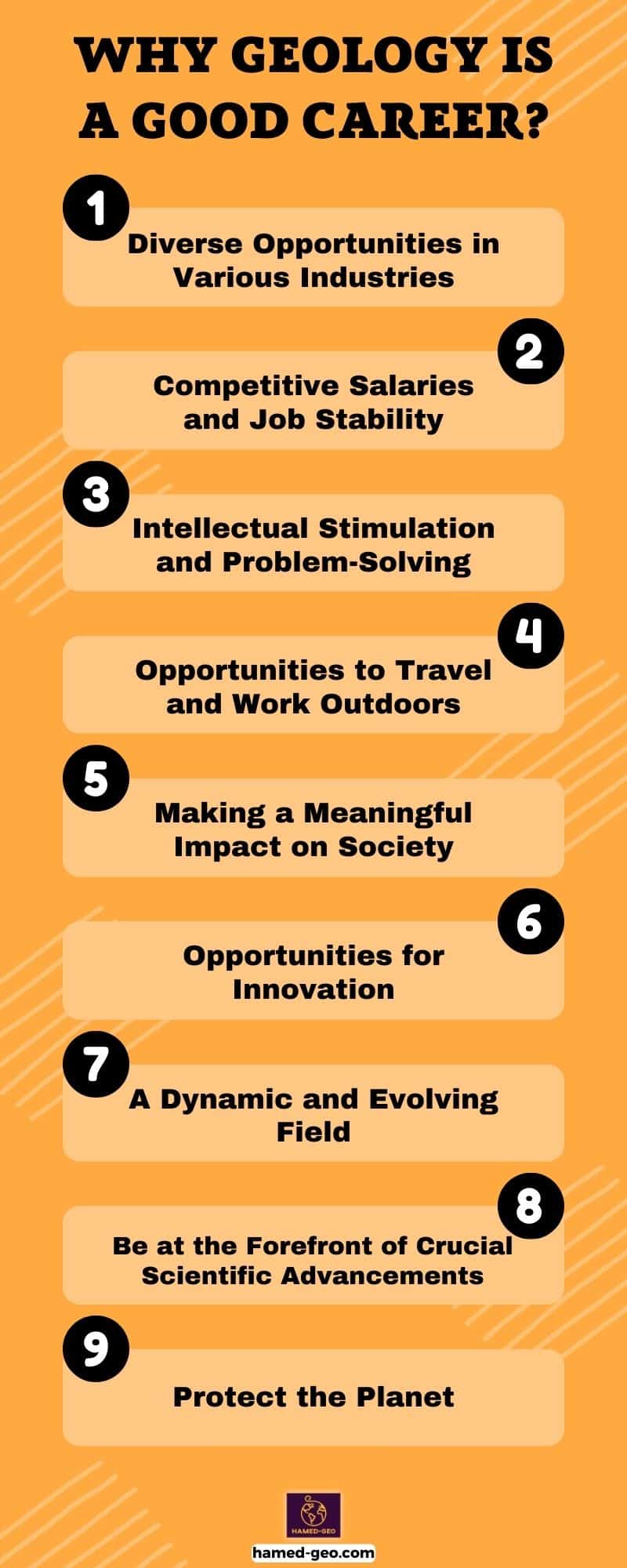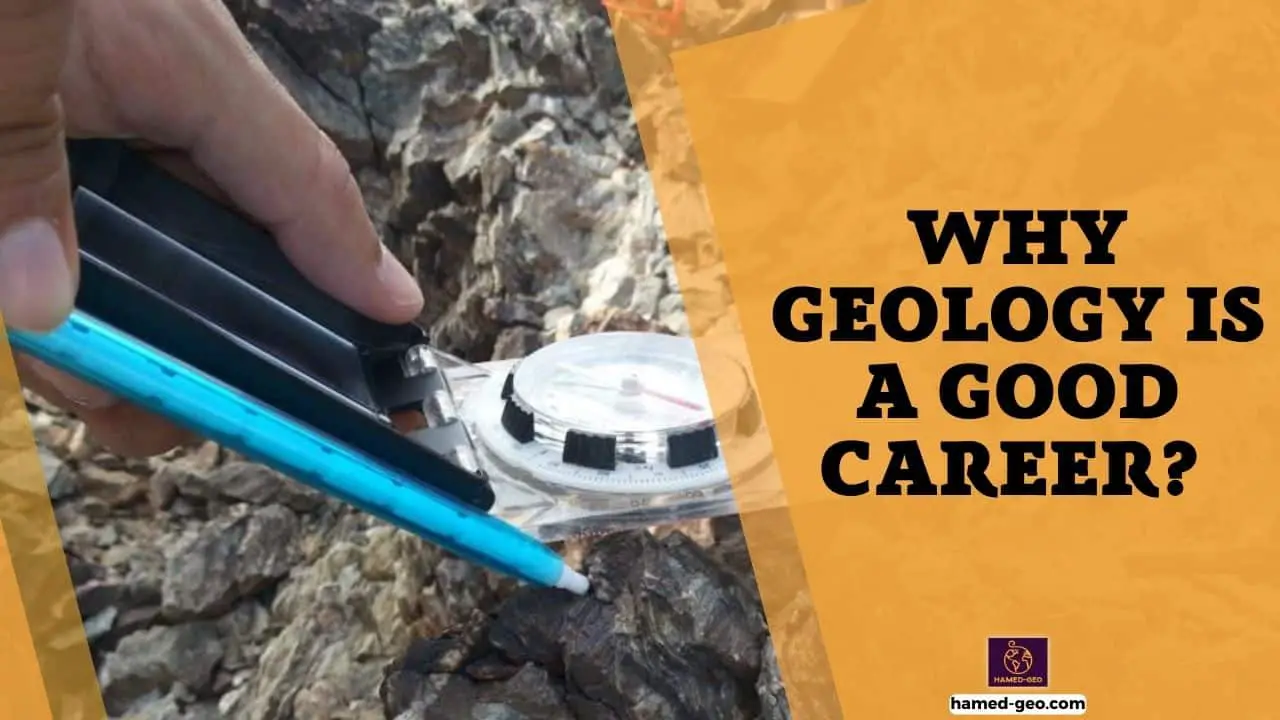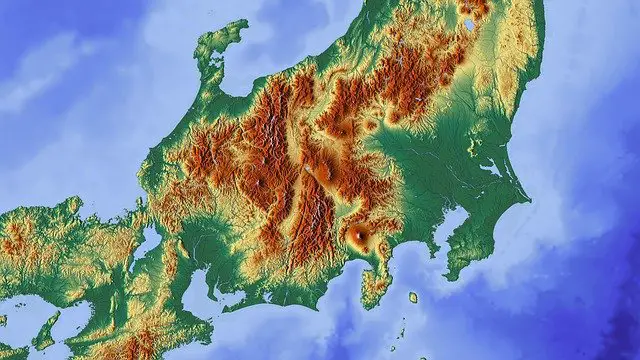In an ever-evolving world, pursuing a career in geology offers a unique and fulfilling path to anyone with a passion for understanding and protecting our planet. Geologists play a crucial role in uncovering the mysteries of Earth’s past, present, and future, enabling us to better comprehend the complex processes that have shaped our natural environment. A career in geology not only provides an exciting and challenging work environment, but also offers numerous opportunities for professional growth, a stable job market, and the chance to make meaningful contributions to society. In this blog post, we will delve into why geology is a good career choice and the numerous benefits it offers.

1. Diverse Opportunities in Various Industries
One of the most appealing aspects of a career in geology is the diverse range of industries and sectors that require the expertise of geologists. From the energy sector to environmental consulting, geologists can find job opportunities in both the public and private sectors. Some of the major industries that employ geologists include:
Oil, gas, and mining: Geologists play a vital role in the exploration and extraction of valuable resources such as oil, natural gas, and minerals. They help to locate new deposits, assess their economic viability, and develop extraction methods that minimize environmental impacts.
Environmental consulting: Geologists often work as environmental consultants, helping to assess the impact of human activities on the environment, develop remediation strategies for contaminated sites, and provide guidance on sustainable land use practices.
Government and regulatory agencies: Geologists can work for government agencies such as the United States Geological Survey (USGS), Environmental Protection Agency (EPA), and state geological surveys, where they conduct research, collect data, and develop policies to manage natural resources and mitigate geological hazards.
Education and research: Geologists also have the opportunity to work in academia, teaching the next generation of geoscientists and conducting research to advance our understanding of Earth’s processes.
2. Competitive Salaries and Job Stability
Geologists typically enjoy competitive salaries and stable employment prospects. According to the U.S. Bureau of Labor Statistics, the median annual wage for geoscientists (excluding hydrologists and geographers) was $83,680 in 2021. Additionally, geoscientists working in the oil and gas extraction industry earned a median annual wage of $137,330, making it one of the highest-paying sectors for geologists.
While the job market for geologists can be influenced by fluctuations in the economy and the demand for natural resources, the long-term outlook remains promising. The U.S. Bureau of Labor Statistics projects a 5% growth in geoscientist employment between 2020 and 2030, in pace with the average for all occupations. This growth is anticipated to be driven primarily by the need for energy, environmental protection, and responsible land and resource management.
3. Intellectual Stimulation and Problem-Solving
A career in geology is well-suited for individuals who enjoy solving complex problems and seeking answers to intriguing questions. Geologists often work on the cutting edge of science, applying innovative technologies and techniques to uncover the secrets of Earth’s past and predict its future. From reconstructing ancient climates to understanding the causes of earthquakes and volcanic eruptions, geologists tackle some of the most fascinating and challenging questions in science.
Moreover, geology is an inherently interdisciplinary field, drawing on knowledge from physics, chemistry, biology, and other scientific disciplines. This interdisciplinary nature allows geologists to continually expand their expertise and adapt to new challenges, ensuring their work remains engaging and intellectually stimulating.
4. Opportunities to Travel and Work Outdoors
For those who enjoy being outdoors and exploring new places, a career in geology offers ample opportunities for travel and fieldwork. Geologists often conduct field studies in remote and exotic locations, from the vast expanses of the Arctic tundra to the depths of the ocean floor. This fieldwork can involve hiking, camping, and operating specialized equipment to collect samples and gather data.
Even geologists who work primarily in offices or laboratories may have the opportunity to travel for conferences, meetings, or short-term field assignments. These experiences can provide valuable networking opportunities, foster professional development, and offer a welcome change of pace from the office environment.
5. Making a Meaningful Impact on Society
Geologists play a crucial role in addressing many of the pressing challenges that society faces today. By understanding the processes that shape our planet’s geology, they contribute to the development of sustainable resource extraction practices, help to mitigate the impacts of natural hazards such as earthquakes and landslides and provide crucial information for land-use planning and environmental protection efforts.
Furthermore, as the global population continues to grow and the demand for energy and resources increases, the work of geologists will become even more critical. By pursuing a career in geology, you can make a meaningful impact on society and help to ensure the responsible stewardship of our planet’s natural resources.
6. Opportunities for Innovation: Geology is a Field of Constant Discovery
Geology is a fast-paced and dynamic field, with discoveries constantly expanding our understanding of Earth’s processes and history. Geologists have the opportunity to work at the cutting edge of science, developing and applying new techniques to uncover the planet’s mysteries. From remote sensing technologies that provide a glimpse into inaccessible regions of the world to advanced sample collection and analysis methods, innovation is central to the work of geologists.
Staying up-to-date with the latest tools, technologies, and scientific findings allows geologists to tackle complex problems creatively and make meaningful contributions to their field. This spirit of constant discovery and progress makes geology an immensely rewarding career path for curious and analytical minds. For those seeking a profession that fosters continual learning and opportunities for innovation, geology is an ideal choice.
7. A Dynamic and Evolving Field: Advancing Technologies Expand the Possibilities
Advances in science and technology are expanding the possibilities of geology in exciting new directions. Specialized tools for analyzing samples and collecting data, high-performance computing, and new techniques for modeling complex Earth systems have provided geologists with unprecedented insights. Remote sensing technologies such as satellites, drones, and autonomous underwater vehicles allow geologists to explore inaccessible locations across the globe.
These technological developments have spurred progress in subfields like geophysics, geochemistry, geochronology, and computational geology. They have also strengthened connections between geology and other sciences, enabling more interdisciplinary collaborations.
For geologists, these advances open up entirely new avenues of research and exploration. They allow geologists to ask bolder questions, tackle more complex problems, and gain a deeper understanding of planetary processes than ever before. Geology is a field of both constants and change—while the fundamental principles remain, the tools and techniques continually evolve. For those seeking a dynamic career that fosters lifelong learning, geology offers the opportunity to work at the cutting edge of science and technological innovation.
8. Be at the Forefront of Crucial Scientific Advancements
Geologists work at the forefront of science, providing crucial insights into the origins and dynamics of our planet. From unlocking clues about Earth’s ancient past to monitoring current changes and predicting future trends, geologists generate knowledge that shapes our understanding of the world.
Some of the most pressing issues that geologists are tackling include:
•Natural resource depletion and sustainability: Geologists explore for new deposits of essential resources such as water, minerals, and fossil fuels while developing sustainable extraction methods.
•Natural hazards mitigation: By studying the causes and impacts of events like earthquakes, volcanic eruptions, landslides, and floods, geologists help communities better prepare for and respond to natural disasters.
•Climate change: Geologists provide data on past climate change to understand the current warming trend. They also monitor changes in sea level rise, ice melt, and ocean acidification to inform mitigation strategies.
•Pollution prevention and remediation: Geologists work to contain and clean up pollution from sources such as industrial waste, oil spills, and agricultural runoff to protect the environment and human health.
•Conservation of biodiversity: Geologists can inform land-use planning and habitat preservation efforts by studying the distribution of plants, animals, and ecosystems across the Earth’s surface.
Geology is a field dedicated to generating knowledge and solutions that benefit society. For those wishing to contribute to scientific advancements that shape our future, a career in geology places you at the forefront of progress on issues that matter most.
9. Protect the Planet: A Career in Geology Promotes Environmental Stewardship
As environmental challenges like climate change and resource depletion become increasingly dire, geologists play an important role in protecting the planet. By understanding Earth’s systems and the impacts of human activities, geologists can develop sustainable practices that ensure the responsible management of our natural resources and mitigate threats to the environment.
Some of how geologists promote environmental stewardship include:
•Advising on sustainable land and resource use: Geologists guide practices that allow us to meet human needs while preserving natural ecosystems and the services they provide. They consider factors like soil quality, water resources, and biodiversity to make recommendations for activities such as forestry, agriculture, urban development, and mining.
•Developing pollution prevention and remediation plans: Geologists assess the environmental impacts of pollution and work to contain contaminated sites, rehabilitate ecosystems, and minimize future hazards. They utilize their knowledge of the flow and storage of water, sediments, and contaminants to develop effective solutions.
•Conducting environmental impact assessments: Geologists evaluate the potential effects of projects, policies, and industrial activities on the environment. They identify risks to land, water, wildlife, and community well-being to inform decision-making and mitigate damage.
•Monitoring and protecting biodiversity: By understanding the distribution of plants and animals and the factors that influence regional ecosystems, geologists can make recommendations to guide conservation efforts. They may monitor endangered species, track the impacts of climate change, or assess the vulnerability of habitats to human disturbance.
•Advocating for responsible policies and legislation: Geologists use their expertise in environmental systems and issues to campaign for laws and policies that promote sustainability and conservation. They advise public officials and policymakers on topics such as natural resource management, waste reduction, pollution control, and land use regulations.
From local to global scales, geologists play a crucial role in protecting the planet by utilizing their knowledge to generate sustainable solutions and advocating for responsible environmental stewardship. For those with a passion for understanding and safeguarding Earth’s natural systems, a career in geology is an ideal path to making a difference.
In conclusion, a career in geology offers a unique and fulfilling path for anyone with a passion for understanding and protecting our planet. From diverse job opportunities in various industries to competitive salaries and job stability, a career in geology can provide both personal and professional growth. Moreover, geology is an intellectually stimulating field that offers opportunities for travel and fieldwork, as well as the chance to make a meaningful impact on society. If you have a fascination with the natural world and a desire to contribute to its sustainable management and preservation, a career in geology may be the perfect fit for you.


